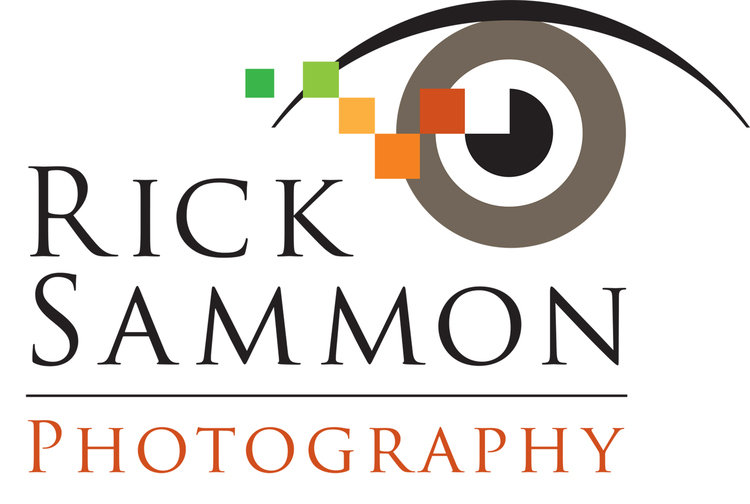| Photograph by Kathie Austin |
I'm just back from my Master Your Flash photo session at Unique Photo in Fairfield, NJ. Good photos – and good fun. Thanks to Unique Photo for setting up the event, and thanks to Westcott and Westcott's Dave Piazza for supply the gear and added lighting know-how. And of course, thanks to all the attendees. You were a great crowd!
My idea for these Master Your Flash sessions: I offer lighting tips and suggestions, and then I let the attendees shoot. Sure, I take a few shots, but mostly I hand over my camera to the photographers who show up – and who really want to learn.
I also offer basic lighting tips:
• The larger the light, the softer the light.
• The closer the light, the softer the light.
• Take the darn flash off the camera.
• Remember, shadows can be your friend.
I also offer basic lighting tips:
• The larger the light, the softer the light.
• The closer the light, the softer the light.
• Take the darn flash off the camera.
• Remember, shadows can be your friend.
I also supply the camera gear: Canon 5D Mark II and Canon 7D, Canon 24-105mm IS lens, Canon 580EX II flashes, and Canon ST-E2 wireless transmitter. The concept is to use only two camera flashes and a few accessories to learn the basics of studio lighting - without spending a small fortune on gear.
When Dave is not available, I supply the Westcott gear: reflectors, diffusers, and soft boxes.
So my friends, if you attend one of my Master Your Flash sessions, you may get a chance to shoot. My next Master Your Flash session will be at Photoshop World in Orlando, Florida in March.
In this post I'd like to share a few shots from the event. Read on! Please keep in mind that we were shooting in a lecture space and not a pro studio. And, the focus was on lighting the model, not the background.
| Photo by Ellen Denuto |
Above: Attendee Kathie Austin suggests positioning a large Westcott soft box directly above our model, Mercedes Padilla-Register. That's Kathie shooting on the floor in the foreground, and the photo she took opens this blog post.
Above: The main light source (single flash bounced into a reflector) was positioned to camera left. The exercise here was to see how facing away (left) and toward the light affected the end result. Tip: see the light . . . especially the direction of light.
| Photograph by Eric Brown |
| Photograph by Eric Brown |
Above (two images): In this pair of pictures, you see what happens when we added a hair light and reflector (bottom image).
Yes! We know we did not have a background/separation light. We did not get there yet. We were building on the basics.
Yes! We know we did not have a background/separation light. We did not get there yet. We were building on the basics.
| Photograph by Ellen Denuto |
Above: I am the voice-activated flash stand in this picture. I am holding a Canon 580EX II flash for the hair light. Our main flash is off to camera left in a large soft box, and my friend Andre is holding a reflector, directly opposite the main light, to fill in the shadows.
| Photograph by Bill Dreitlein |
Above: Here's what happened when I accidentally pointed the hair-light flash a bit toward the camera. Usually, we try to avoid this type of lens flare, but in this case, the attendees liked it. I think it's kinda cool.
| Photograph by Andre |
At my Master Your Flash sessions, I shoot tethered, hooking up my Canon 5D Mark II to my MacBook Pro. To view the pictures, I use Canon Digital Photo Professional, the program that comes free on the CD that comes with Canon digital SLR cameras.
I hope to see you at one of my Master Your Flash sessions. Until then . . .
Check out my app, Light It Light! for the iPhone, and Light It! for the iPad.
Hey, if you have a great studio lightin shot, post it on my You Light It! flickr group.
One more thank you goes to Ellen Dunuto for taking some of the behind-the-scenes shot at the Unique Photo Event.
Explore the light,
Rick
| Photograph by Rick Sammon |
P.S. Above is a shot from the the lighting book I co-authored with Vered. Here you see the same basic lighting techniques that we used at Unique Photo, but with a background/separation light added. One light on the background can make a big difference.
